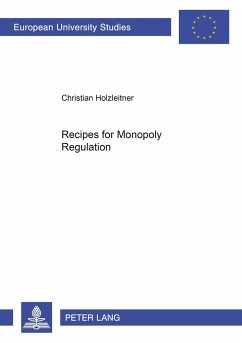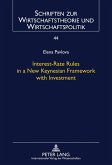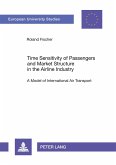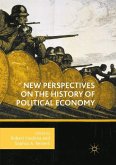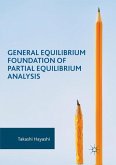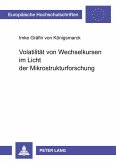This monograph was the winner of the Nestlé Prize 2000 for the best Austrian PhD-Thesis in the Social Sciences.
As it is not possible to introduce competition into every single market, there will still remain monopolies - like in the telecom or energy sector - which have to be put under public regulation. This book offers a look into the latest developments in regulatory practice and theory. What shall a regulator do when she wants to give incentives for cost minimization to the regulated firm and at the same time efficient prices to the consumers? After a comparison of different "real world" regulatory regimes, a simple theoretical model is used to assess the "real world" approaches and design optimal policies. The theoretical "recipes" are presented in a way which should be accessible to advanced students and "real world" regulators.
As it is not possible to introduce competition into every single market, there will still remain monopolies - like in the telecom or energy sector - which have to be put under public regulation. This book offers a look into the latest developments in regulatory practice and theory. What shall a regulator do when she wants to give incentives for cost minimization to the regulated firm and at the same time efficient prices to the consumers? After a comparison of different "real world" regulatory regimes, a simple theoretical model is used to assess the "real world" approaches and design optimal policies. The theoretical "recipes" are presented in a way which should be accessible to advanced students and "real world" regulators.

